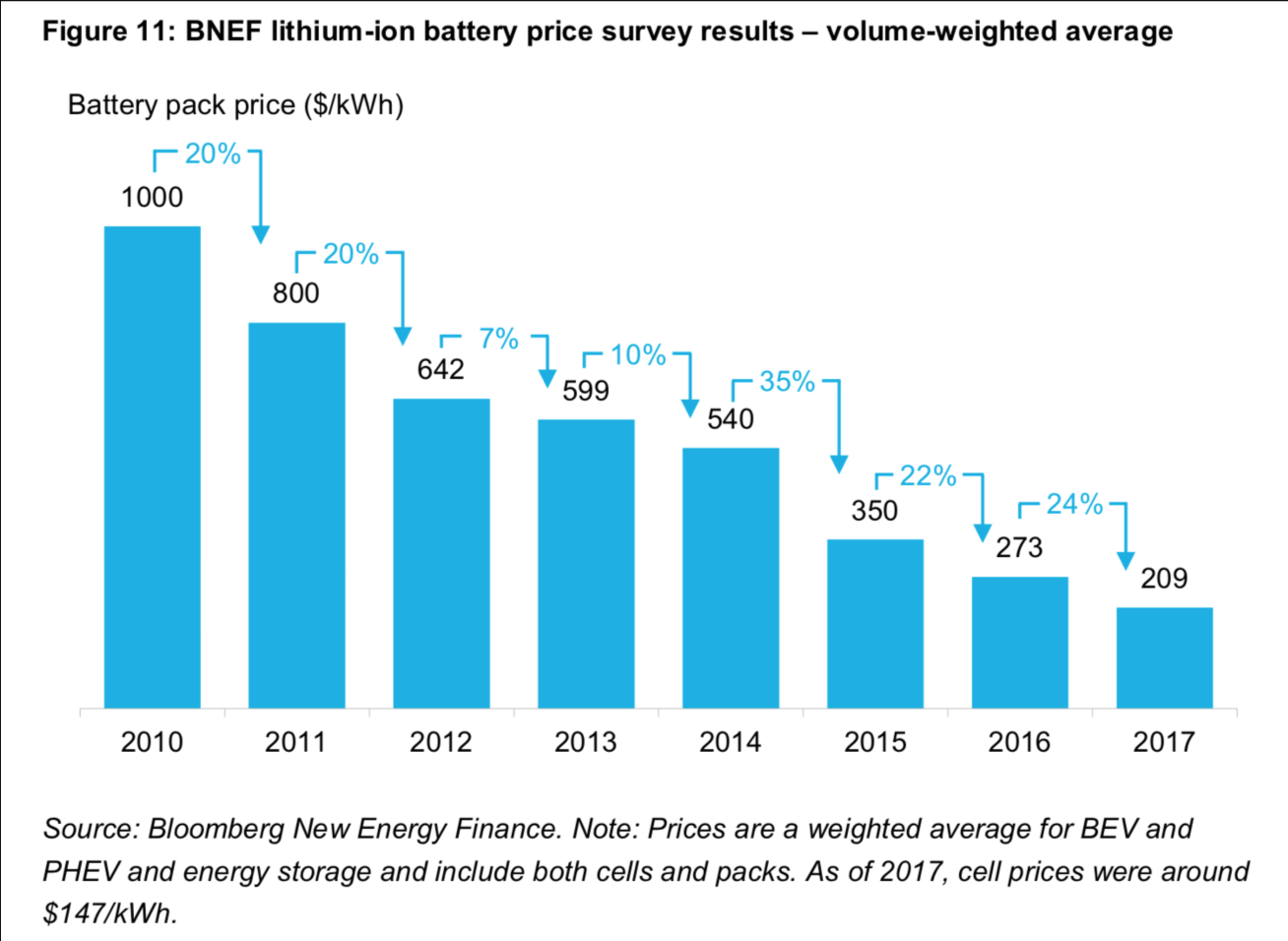Tesla, Software, and Disruption
Being first is not the same as having a sustainable competitive advantage, no matter how disruptive you are, and the advantage might be somewhere else.

Capital Thinking • Issue #146 • View online
Benedict Evans is one of the best technology investigators on the planet.
His insights into the tech world are so insightful the VC firm Andreessen-Horowitz hired him to work exclusively for them.
Ben writes a weekly newsletter and presents an annual review each year.
This is not an easy read and you won’t be able to skim through it before you finish your Americano. Still, the point isn’t just about Tesla but about disruption and its far-reaching (secondary) effects.
Ben’s definitely worth the read.
“We’ve learned and struggled for a few years here figuring out how to make a decent phone. PC guys are not going to just figure this out. They’re not going to just walk in.” - Ed Colligan, CEO of Palm, 2006, on rumours of an Apple phone
“They laughed at Columbus and they laughed at the Wright brothers. But they also laughed at Bozo the Clown.” - Carl Sagan
Is Tesla disruptive?
When Nokia people looked at the first iPhone, they saw a not-great phone with some cool features that they were going to build too, being produced at a small fraction of the volumes they were selling. They shrugged. “No 3G, and just look at the camera!”
When many car company people look at a Tesla, they see a not-great car with some cool features that they’re going to build too, being produced at a small fraction of the volumes they’re selling.
“Look at the fit and finish, and the panel gaps, and the tent!”
The Nokia people were terribly, terribly wrong. Are the car people wrong? We hear that a Tesla is ‘the new iPhone’ - what would that mean?
This is partly a question about Tesla, but it’s more interesting as a way to think about what happens when ‘software eats the world’ in general, and when tech moves into new industries.
How do we think about whether something is disruptive? If it is, who exactly gets disrupted?
And does that disruption that mean one company wins in the new world?
Which one?
The idea of ‘disruption’ is that a new concept changes the basis of competition in an industry.
At the beginning, either the new thing itself or the companies bringing it (or both) tend to be bad at the things the incumbents value, and get laughed at, but they learn those things.
Conversely, the incumbents either dismiss the new thing as pointless or presume they’ll easily be able to add it (or both), but they’re wrong.
Apple brought software and learnt phones, whereas Nokia had great phones but could not learn software. However, not every new technology or idea is disruptive.
Some things do not change the basis of competition enough, and for some things the incumbents are able to learn and absorb the new concept instead (these are not quite the same thing).
Clay Christensen calls this ‘sustaining innovation’ as opposed to ‘disruptive’ innovation. By extension, any new technology is probably disruptive to someone, at some part of the value chain.
The iPhone disrupted the handset business, but has not disrupted the cellular network operators at all, though many people were convinced that it would. For all that’s changed, the same companies still have the same business model and the same customers that they did in 2006.
Online flight booking doesn’t disrupt airlines much, but it was hugely disruptive to travel agents. Online booking (for the sake of argument) was sustaining innovation for airlines and disruptive innovation for travel agents.
Meanwhile, the people who are first to bring the disruption to market may not be the people who end up benefiting from it, and indeed the people who win from the disruption may actually be doing something different - they may be in a different part of the value chain.
Apple pioneered PCs but lost the PC market, and the big winners were not even other PC companies. Rather, most of the profits went to Microsoft and Intel, which both operated at different layers of the stack.
PCs themselves became a low-margin commodity with fierce competition, but PC CPUs and operating systems (and productivity software) turned out to have very strong winner-takes-all effects.
Being first is not the same as having a sustainable competitive advantage, no matter how disruptive you are, and the advantage might be somewhere else.
You can read more at the link below =>

*Feature post photo by Milan Csizmadia on Unsplash
